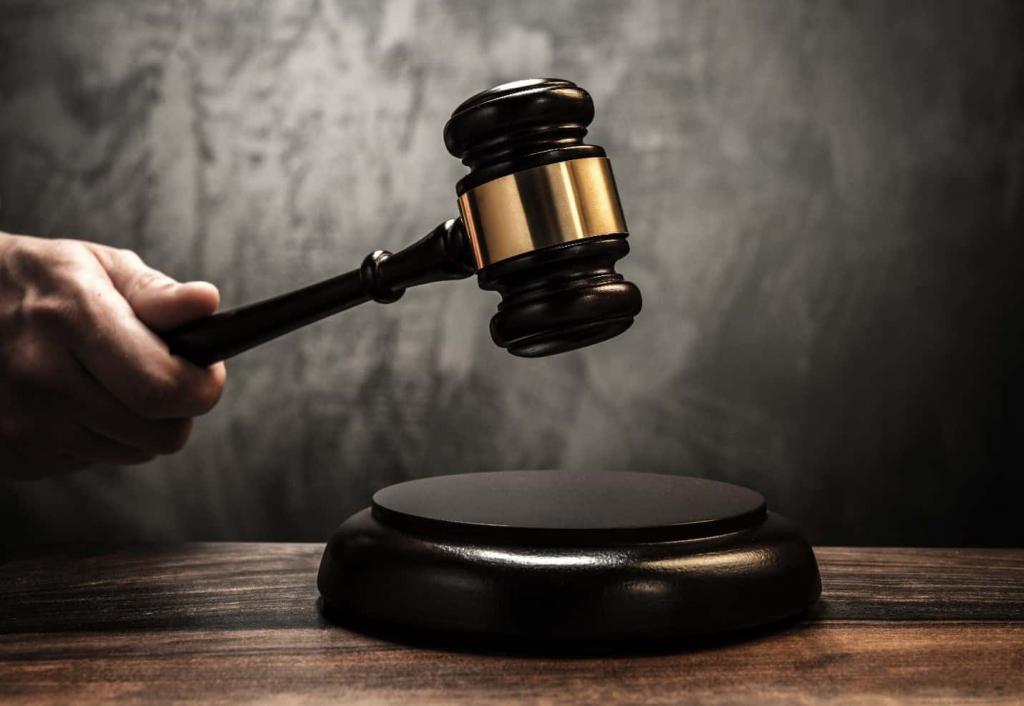Among the opportunities given to participants in various types of trials and court hearings are the right to appeal court decisions. We will talk further in more detail about this concept, its features, as well as the intricacies of implementation in a trial.
General concept
First of all, it is worth noting that the right of appeal has the status of the main principle of legal proceedings in Russia. It is important to say that filing an appeal is the easiest way to appeal a decision made by a court of first instance, which is sent for a second review or final cancellation of a judicial act that has not yet entered into force.
Practicing lawyers often note that the main feature of appeal proceedings is that it provides for two types of actions that would seem to be contradictory to each other:
- new consideration of the case on the materials provided;
- revision of the act issued by the judge at the end of the initial trial in the first instance.
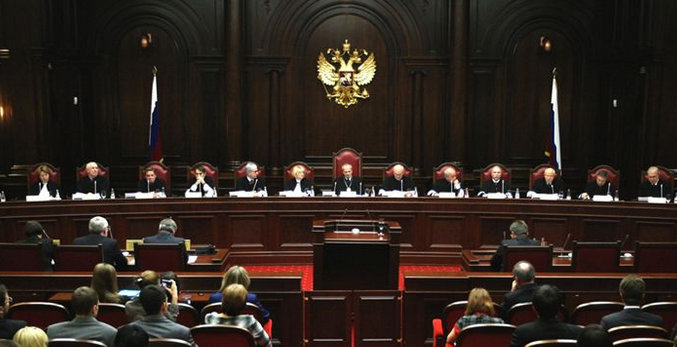
Signs of Appeal
In the process of considering the features of the right of appeal, subjects, objects and terms during which it can be realized, it is important to highlight the main features of the appeal. As such, it should be noted that the appeal:
- served on a specific decision made by a local court that has not entered into force;
- is caused by the incorrectness of the previously adopted decision (established in the opinion of the party to the process);
- always referred to a higher court;
- provides for consideration of both the facts provided and the legal side of the matter;
- causes the adoption of a new decision in the case, because without it the materials cannot be returned to the court of first instance for review.
Parties to appeal
Speaking about the right of appeal and its subjects, it is important to highlight the fact that a number of persons entitled to file a complaint with a higher court include not only parties that are direct participants in the process, but also the prosecutor, as well as third parties.
Based on the foregoing, it is worth noting that the prosecutor has the right to appeal even if he did not participate in the consideration of the materials and is not a party to the process. This person has the right to intervene on his own initiative or by involving parties, as well as third parties.
As for the latter, legal representatives of the parties may act as such, as well as guardians, parents, trustees and adoptive parents. It is important to note that legal representatives have the right to appeal only in case of presentation of a document confirming their own right to submit.
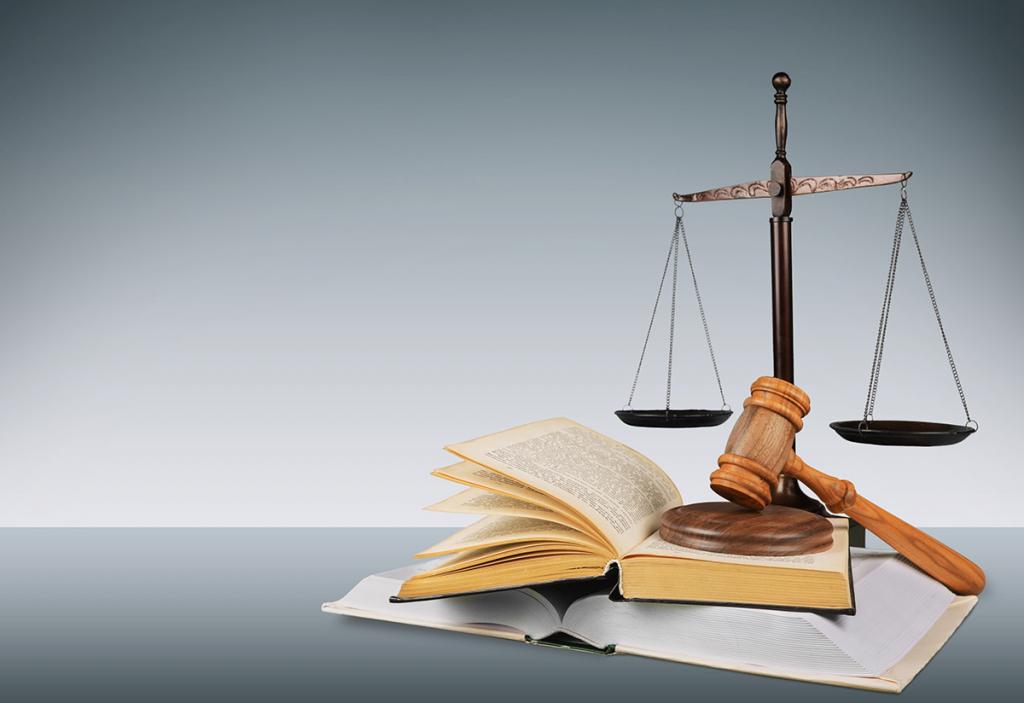
Object and subject of appeal
An integral element of the law in question is the subject and object of appeal. Let's consider them in more detail.
Speaking about the object, it is necessary to highlight the fact that the decision made by the court of first instance (or the justice of the peace), but which did not enter into force of temporary circumstances, acts as such. To a number of such decisions can be attributed both in absentia, so basic and additional. Moreover, an appeal of a decision may be made both in part or in full.
Speaking about the object and subject of the right of appeal, it should be noted that the specific points of the decision, which the party considers controversial, are the subject of such a right.
About the timing of the complaint
It should be understood that the legislator determines the strict periods during which the right of appeal is valid.
The terms and conditions under which it is possible to file a complaint of the type in question are determined by procedural law. So, on the basis of such a person who disagrees with the content of the decision, has the right to file a claim for appeal within 10 days from the date of its final form.
Practice shows that sometimes it happens that a person misses the moment of filing an appeal appeal decision. How to be in this situation? If the pass has a good reason, then the person has the right to restore such a period, permission for which must be granted by the justice of the peace.
Appeal Procedure
A person may exercise his or her right to appeal the decision on appeal by filing a complaint against an act issued after the consideration of the case by a justice of the peace. In legal practice, this type of document is often referred to as presentation.
The submission must be submitted to the court that issued the contested decision, and that, in turn, attaching it to the case file, is obliged to send the documents to the court of appeal, elected in accordance with the rules of jurisdiction provided for by the procedural legislation.
It is important to note that before filing a complaint, a person must pay the prescribed amount of state duty, and then attach the receipt confirming this to the document. We will talk about exactly how the calculation of the amount of the fee occurs a little later.
If the previous steps were completed correctly, the court begins the proceedings. At the end of the consideration of the case, a decision shall be made on the merits of the issues considered.
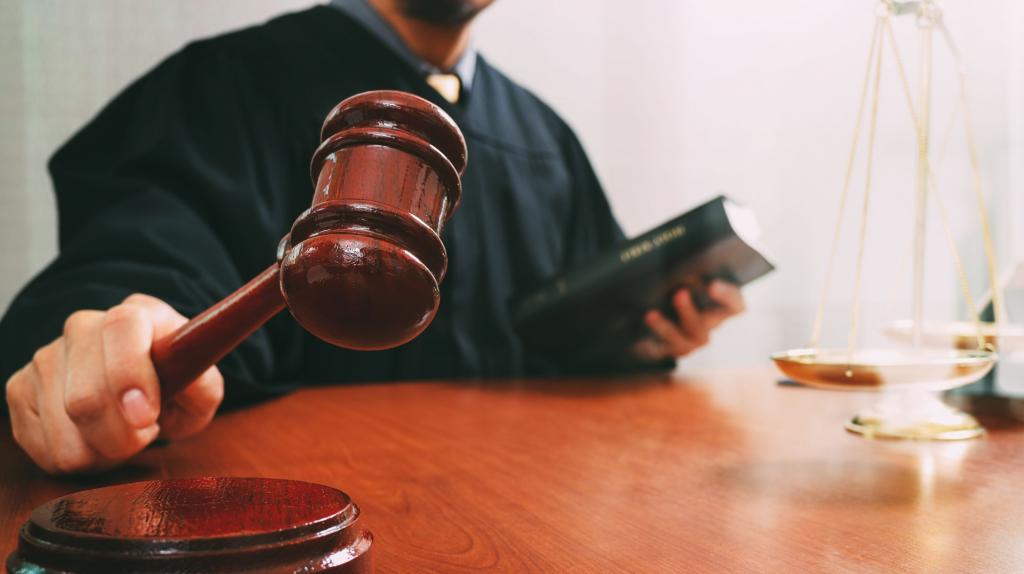
Submission requirements
Procedural legislation sets forth certain requirements for the preparation of an appeal.
First of all, you need to pay attention to the fact that in any form of the process, the presentation must certainly be submitted in writing. Legal requirements indicate that it should have a clear structure and consist of an introductory and descriptive part, as well as a conclusion (petition), which indicates the main requirements of the applicant. The bulk of the material should be indicated in the narrative of the presentation. This should state the general content of the decision, as well as complaints and main arguments.
In the process of drawing up the submission, it is important to remember that in its content those claims that were not presented to the attention of the justice of the peace who are considering the case where the decision was made cannot be stated.
It is important to note that annexes must be attached to the main document, which must be indicated in the submission. As such, there may be certain materials that are important for the review process, as well as a receipt for the payment of state duty. You should be aware that the number of copies of all documents must fully correspond to the number of parties speaking in the case.
The submitted document must certainly be signed by the applicant or by the person representing him.
After filing a complaint, copies of it must be sent to all persons participating in the appeal process with notification.

Complaint content
When considering submitted submissions, special attention is paid to their content. What rules are established by law regarding the content of appeals? We will talk about them in more detail below.
The following data may be indicated in the content of the document:
- the name of the court to which the document is to be filed (it should be determined solely subject to jurisdiction);
- The exact name of the person filing the complaint;
- the exact name of the court that made the appeal;
- the number of the case on which the decision was made;
- exact date of the impugned decision;
- subject of dispute;
- a full list of requirements indicating factors confirming their validity;
- full list of documents attached to the submission.
It is important to note that all of this information should be entered in the order listed here.
It is worth knowing that the appeal must certainly include information about all participants in the upcoming process, as well as their known contact details (phone numbers, e-mails, residential addresses, etc.).
Payment
The rules established that, together with the documents, the applicant must provide a receipt on the payment of the state duty. As for the size of the fee, when determining such a fee, interested parties should take into account that in case of an appeal containing requirements of a property nature, 50% of the total amount contested by the party must be paid. In all other cases, the amount of the fee will be equal to half the amount that is established for the requirements of this nature by the Civil Procedure Code.
The legislator provides a certain list of persons exempted from paying state duties established for filing statements of claim and complaints. In the event that a person belongs to this group, then he should attach to the submission a document confirming the right to benefit.
Appeal in arbitration
The procedure for considering submissions can vary significantly due to the type of production, which is primarily associated with different features of the consideration of cases, as well as the circle of subjects. We will further describe the features of appeal against decisions made by justices of the peace in different processes.
Speaking about the right of appeal in the arbitration process, it is first of all important to say that only organizations can act in a number of entities participating in such cases. Allowed the participation of persons with the status of entrepreneurs. It is worth knowing that third parties with an interest in resolving the case, as well as the prosecutor, also have the right of appeal in the arbitration process.
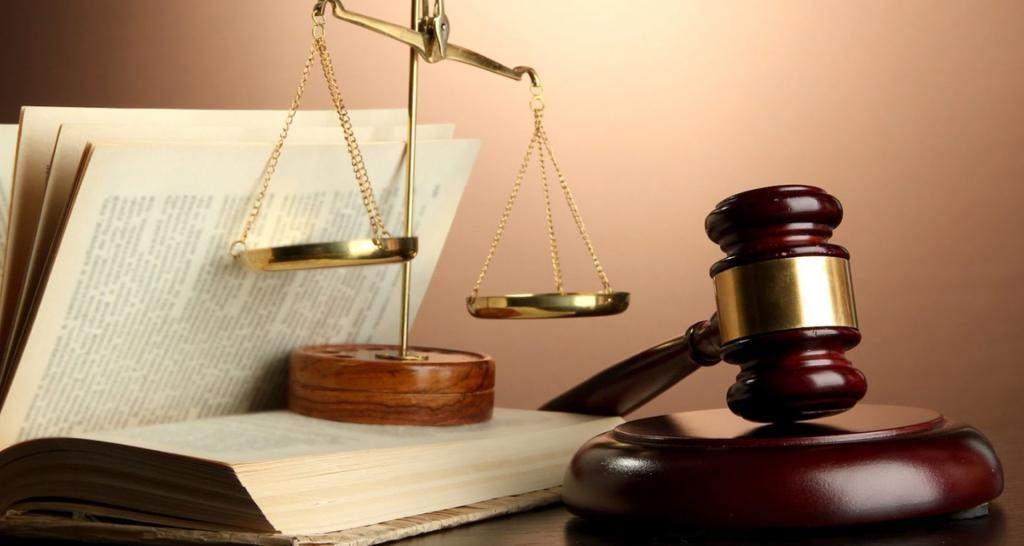
Criminal appeal
A fairly common practice is to appeal decisions by filing an appeal during the resolution of criminal cases. The following have the right of appeal in criminal proceedings:
- justified;
- convicted;
- accused;
- suspect;
- side of protection;
- side of state prosecution (prosecutor);
- the person in respect of whom a decision was made to apply medical measures;
- victim;
- civil defendant;
- civil plaintiff;
- legal representatives of the above persons.
The main value of the appeal of decisions made in criminal cases is the prevention of unlawful sentences and decisions. Many lawyers assure that the availability of the appeal appeal helps to increase the professionalism of justices of the peace, as well as a fairly quick correction of mistakes made in their work.
A distinctive feature of the appeal proceedings in criminal cases is that upon its completion either a sentence or a decision is issued.
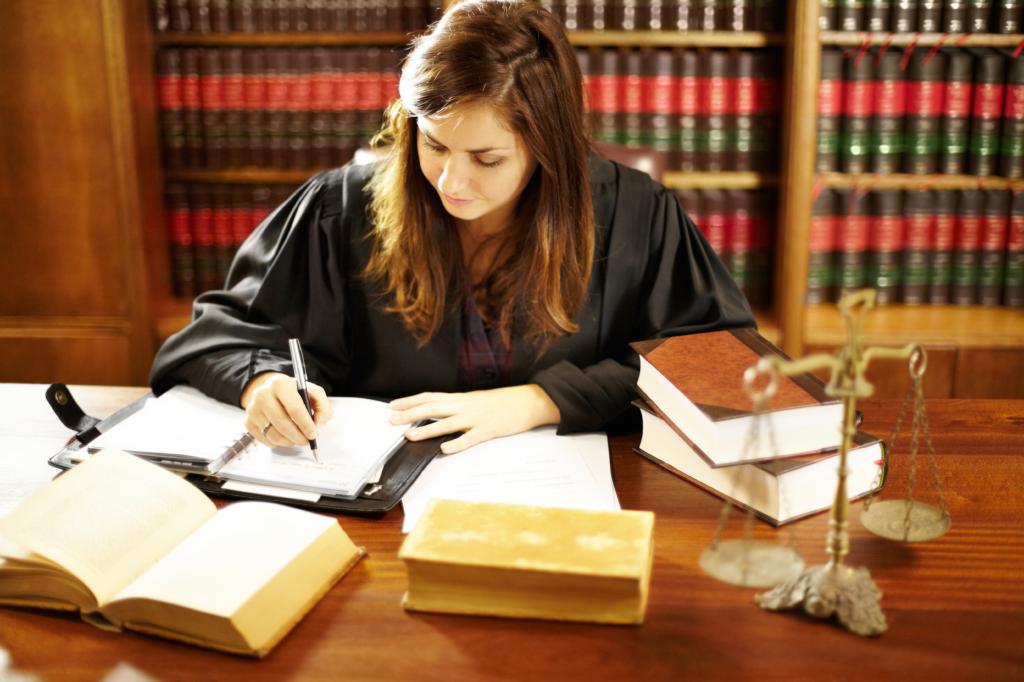
Appeal in civil proceedings
It is known that if the decision taken by the justice of the peace at the end of the civil case has not come into force, if there is disagreement with at least one of the parties, it can be appealed by appeal.
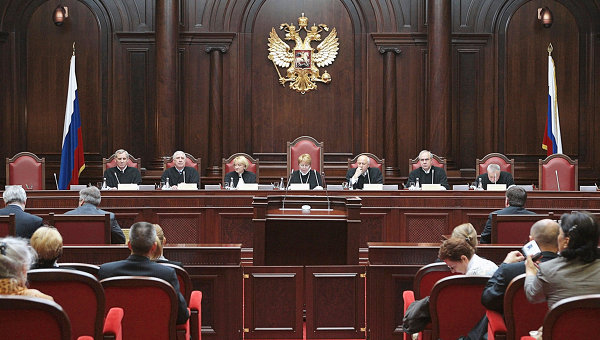
Where do you need to submit a performance? In accordance with the rules of jurisdiction, this action must be performed depending on what type of court the decision was made:
- appeals against decisions of justices of the peace are submitted to district courts;
- decisions of district courts are disputed by the regional and regional courts, as well as by the supreme court of local importance;
- The decision of the Supreme Court is contested by filing an appeal to the Board of Appeal of the same instance.
Based on the provisions presented in Article 320 Code of Civil Procedure of the Russian Federation, the right to appeal in a civil proceeding is held by all its participants, as well as their representatives, vested with this status legally.
